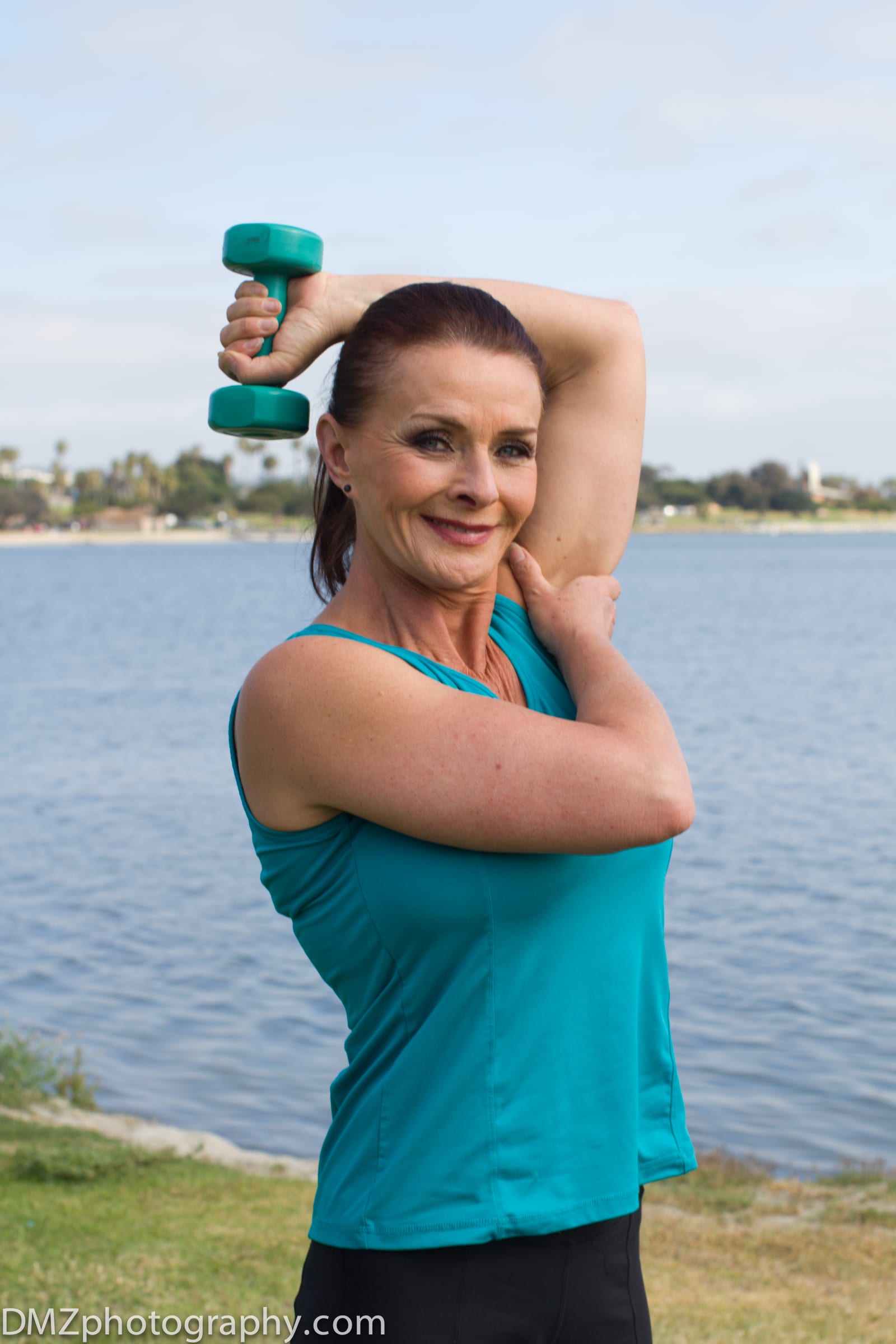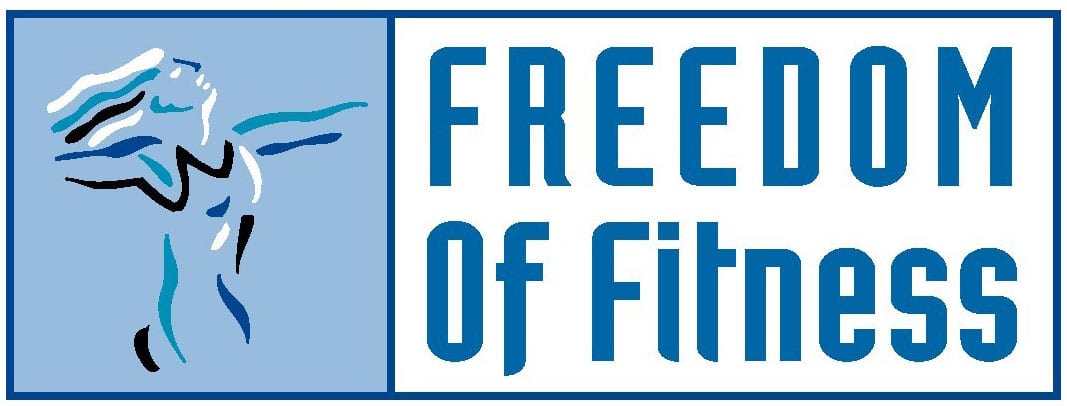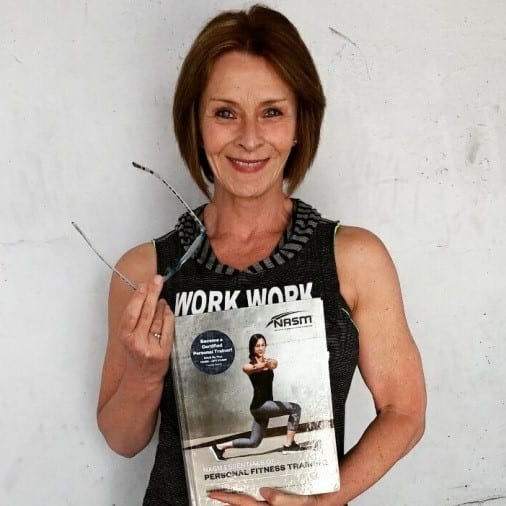
As we age, we usually don’t need as many calories, as we did in our younger years. This is mostly because we lose lean body mass, which results in a lower basal metabolic rate, and our activity level often diminishes, which lowers our energy requirements. However, by staying active and incorporating resistance training into our exercise routine, we can delay or minimize the loss of our muscle mass. For most older adults though, calorie needs are lower so we need to pay special attention to eating a diet high in nutrient-dense foods.
Here are a few other nutrition recommendations that are important to incorporate into a healthy diet:
a) Make sure you get your Calcium and Vitamin D to keep your bones strong.
b) Get your B Vitamins in, especially B6. With aging, there is an increased need to keep homocysteine levels low to minimize heart disease and dementia. We also need to keep immune function high.
c) Eat fiber daily. Men: 30 gr. a day / Women: 21 gr. a day. This helps reduce the risk of constipation and diverticular disease, to maintain healthy blood levels of glucose and lipids and to provide good sources of nutrient-dense, low calorie foods.
d) Iron doesn’t change for men in their senior years but it does for women. Women need less than when they were menstruating, after 51 years of age. Iron deficiency can result in anemia.
e) It is important to get enough zinc in the diet to optimize immune function and promote wound healing.
f) Vitamin C and E can help counteract the increased oxidative stress of chronic diseases and the aging process
Are you over 50? Are you physically active? Do you eat a nutrient dense diet? Keep in mind that, “The way we live greatly influences the way we age.” For more info, contact Sandra Blackie. Sandra has been a Personal Trainer for over 30 years and at 59 years of age is still promoting, living & breathing the health & fitness lifestyle!
For all first time clients, I offer a FREE 30-minute consultation. Call today! 619-977-5779. Email: [email protected].


